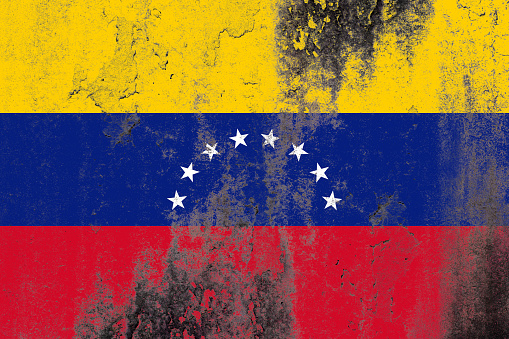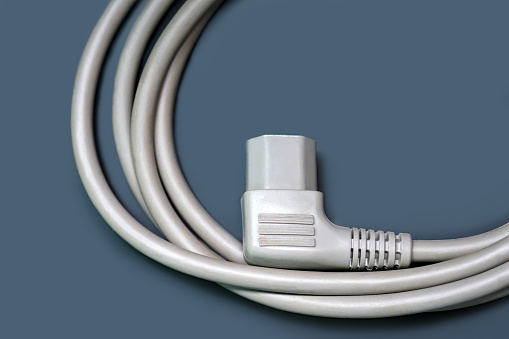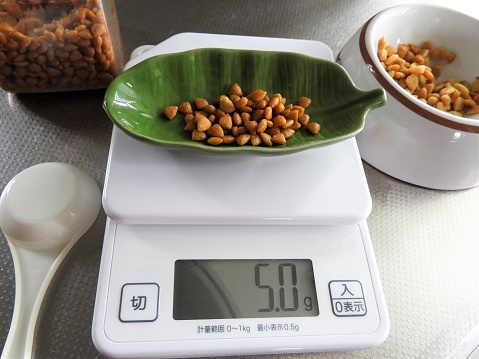Venezuela’s Economy Shows Signs of Recovery
While the country has been under sanctions from the US and other countries for over four years now, the Venezuelan economy has started to show signs of growth and recovery. The country has been using earnings from the petroleum industry to modernize and diversify other sectors of the economy. The recent COVID-19 outbreak has also helped the country’s economy.
Venezuela’s economy has shown signs of recovery since the onset of the COVID-19 pandemic
Although the COVID-19 pandemic has caused severe damage to Venezuela’s economy, there have been some signs of improvement. In fact, the country’s labor market has rebounded to some extent, although employment has remained suppressed. Massive layoffs and prolonged furloughs have been common, and businesses that have kept running have been forced to reduce salaries and workdays. As a result, 45.3% of large firms have restructured, and some of these companies have also reduced their workforces by 15% or more. This means that much of the population who was previously employed has now been displaced to the informal sector.
Oil prices have fallen sharply, and Venezuela’s government has been struggling to meet its international debt obligations. As a result, gold mining and the sale of the metal for cash have become the regime’s main sources of foreign exchange. Further, the regime has been accused of colluding with criminal gangs, and this has heightened suspicions about its intentions. This has led to a situation of insensitivity and inaction on the part of the government, which has not been able to deal with the complex humanitarian crisis. Recently, steps have been taken to loosen controls on the economy, but these are more about serving the cash-strapped regime than offering basic goods.
Venezuela has suffered from a severe humanitarian crisis, as millions of its citizens have been left without access to adequate food and healthcare, and the lack of safe water and sanitation has contributed to the spread of Covid-19. The United Nations Human Rights Council has appointed a fact-finding mission to investigate these issues and report on its findings. It found that the government of Nicolas Maduro has committed a number of human rights abuses, including extrajudicial executions and jailing opponents. Moreover, it has used the state of emergency to punish dissent and intensify its control over the population.
It has shown signs of growth since the onset of the COVID-19 pandemic
The onset of the COVID-19 pandemonium in Venezuela has had an impact on the economy. Despite the impact, the country has shown signs of recovery and growth in recent months. A strong currency and healthy demand for local products have helped fuel the economy.
The government has implemented several measures to help the country overcome the crisis. It has created a COVID-19 Operational Headquarters under the Cabinet and created working groups in various ministries and at the CBA. The government also imposed a mandatory quarantine of citizens returning from foreign countries. There are also restrictions on domestic travel and retail sales. Moreover, the government has made it mandatory for businesses to disinfect public places.
Although the onset of the COVID-19 epidemic has caused the country’s economy to stall, the monetary policy committee of the West-African Economic and Monetary Union (WAEMU) has taken steps to mitigate the adverse impact of the disease on the country’s economy. Moreover, the BCEAO has introduced a special three-month refinancing window, which will have a fixed rate of 2.5 percent in April 2020. The BCEAO also reduced the ceiling and floor of the monetary policy corridor in order to increase the liquidity of banks.
The government has also announced that it will refund five percent of the sales tax on telecom services collected after January 16, 2020. It is also mobilizing additional resources to support capital spending. It has also invested in GovTech to facilitate the fast disbursement of cash relief funds. In addition, the government issued its first sovereign three-year domestic bond in late September 2020 at a price of 6.5 percent. In addition to this, it has also extended its interest rate and income support measures until March 2022.
It has been under sanctions by the US and other countries since 2014
The sanctions imposed by the US and other countries on the Venezuelan economy have caused the economy to collapse. In 2019 the country’s GDP shrank by 35 percent. Its oil production had already been declining, falling from 3.2 million barrels a day in the 1990s to just 1.4 million barrels a day in 2018 – and is expected to fall to just 558,000 a day by 2021. Fuel shortages have also been reported, and Iran has been shipping supplies to the country despite U.S. sanctions.
The economy suffered as a result of price controls, which prevented private businesses from setting their prices. This made it almost impossible for companies to make a profit. As a result, both domestic and foreign businesses withdrew, and few new businesses were established. In 2011, Latin America received $150 billion in foreign investment, and Venezuela accounted for only five percent. In comparison, its neighboring country, Brazil, received more than $67 billion.
The US has also imposed sanctions on Venezuela’s oil industry. Its resulting sanctions have made the Venezuelan economy more unstable and resulted in high disease and food prices. The country has also experienced an unprecedented migration crisis.
It relies on earnings from the petroleum sector to modernize and diversify other economic sectors
Venezuela’s economy depends largely on oil production and exports. From 1940 to 1970, it was the world’s leading oil exporter. Its wealth of oil reserves made it the primary supplier of oil to the United States. The country diversified its economy through exploration and the development of its oil deposits.
But oil dependency has its downsides. It can weaken governance. It can lead to corruption, the resource curse, and the paradox of plenty. It can strengthen the power of powerful oil-based elites and undermine state capacity. It is a risk that Venezuela’s government must be aware of.
Venezuela’s economy used to be heavily based on agriculture, forestry, and fishing. At its peak, these sectors generated more than half of the nation’s GDP. Then the petrochemical industry began to expand rapidly. As a result, the proportion of labor in agriculture declined from one-fifth to just ten percent. However, the government continues to support the country’s agriculture sector with low-interest loans and subsidies.
While Venezuela’s poverty rate has decreased since 2003, the country’s government continues to depend on oil and other natural resources to maintain its economy. Oil prices were pushed up in 2008, enabling the government to finance ambitious foreign and domestic policy agenda. The government also provided basic state services to the poor.
It has a large manufacturing sector
The manufacturing sector in Venezuela accounts for 15% of the country’s GDP, although it is facing severe challenges. It manufactures steel, aluminium, transport equipment, textiles and apparel, beverages and food, cement, tires, and paper. It also assembles automobiles for domestic and export markets. Meanwhile, the country’s agriculture sector accounts for around three percent of GDP and employs 10% of the total labour force. It produces rice, beef, and fish.
Before the 1950s, agriculture, fishing, and forestry were the mainstays of the Venezuelan economy. In 1950, agriculture accounted for more than half of the country’s GDP, but by the 1970s, petrochemicals and other industries began to dominate the economy. While these industries have been a major source of job creation in Venezuela, they are heavily dependent on oil revenues.
Before Venezuela could develop other industries, it would first need to revitalize its oil industry. This would require significant investment. However, given the country’s political instability and the increasing concerns about climate change, this would be a challenging task. Venezuela has a large manufacturing sector, but many of its industries remain inefficient and unproductive.
The manufacturing sector in Venezuela is composed of small family-owned enterprises and a few large state-owned companies. Despite its size, the manufacturing sector in the country has been shrinking over the last few years. In 1988, it accounted for just under half of the country’s output and employed just over half of the population.
It is a founding member of OPEC
Venezuela is a founding member of the Organization of Petroleum Exporting Countries (OPEC), and is one of the world’s largest oil producers. It also has some of the world’s largest proven reserves of natural gas and petroleum. However, its oil production has decreased in recent years, largely due to mismanagement by the Venezuelan government.
The collapse of Venezuela’s oil production has significant international and regional implications, particularly for OPEC. Despite its relatively small size, Venezuela played an important role in the organization, as its oil output ranked third in the world in 2008. The country’s political positions were crucial in achieving consensus among OPEC members and ensuring a balance between the Persian Gulf monarchies and the rest of the group.
The Organization of Petroleum Exporting Countries (OPEC) was established in 1960, as a way to protect oil prices in international markets. The founding members of OPEC, which included Venezuela, Iran, Kuwait, Iraq, Kuwait, and Saudi Arabia, pledged to stabilize oil prices by reducing production. Since then, OPEC has expanded to include countries such as Algeria and Indonesia.
OPEC’s headquarters are in Vienna. The organization meets regularly to coordinate its policies on oil prices and production. The organization’s members coordinate their policies at semiannual and special meetings. The organization’s Board of Governors is made up of representatives from each member country, and it elects the chair of the organization. It also maintains a secretariat that includes a research and energy-studies division.



